It would have been highly naive for anyone to think that the Food Systems Summit was going to fix this problem with two days of talks. But most people had some expectations that the talks would produce concrete commitments to move the world toward the zero hunger by 2030 target of Sustainable Development Goal 2.
Analysis
This was not only the expectation, but the promise of United Nations staff and government leaders who spent 18 months planning an event billed as “the people’s summit.” We were told the summit would deliver new, bold initiatives to end world hunger and shape a food system fit for the future.
Over 900 independent dialogues were held to solicit ideas for the summit, plus hundreds more national and international dialogues. About 200 government leaders, including heads of states and representatives of non-governmental organizations, spoke over two days at the virtual summit. Some 51,000 people from 193 countries tuned in to participate.
They typically shared the expectation that the summit would come up with policy measures to ensure a healthier, greener and more fair food system for all, as well as a plan for funding these policies. The summit met almost all these deliverables, except the most important one — funding. Very little was heard about financial commitments although we all know that without money, grand ideas are just paper airplanes in the sky. They will fall within minutes without carrying anyone from one location to the other.
We can’t commit to ensuring access to safe and nutritious foods without funding. We can’t shift to healthy and sustainable consumption patterns without money. We can’t boost nature-positive foods without capital. We can’t advance equitable livelihoods and build resilience to vulnerabilities without finances. But I couldn’t help but note the deafening silence on monetary commitments while listening to summit speeches. So, I decided to dig further, and spent a weekend combing through the commitment registry of the summit, which has recorded more than 230 action pledges.
I will single out a few for commendation because their commitments sounded like the kind of meaningful promises that we can all work with going into the future. GAIN vowed to “invest at least $250 million by 2025 in measures to tackle poor diets in Africa and Asia, working with national governments and partners.” World Vision International says it will “mobilize US$1.2 billion between 2021 and 2025 for nutrition interventions,” which will include $500 million in private funding and $700 million grant funding.
US Secretary of Agriculture Tom Vilsack reiterated a pledge by President Joe Biden that the US government “will invest $10 billion over the next five years to address these priorities — including with historic investments to build back better in the face of the climate crisis and economic disruptions from COVID-19.” And then Melinda Gates, on behalf of the Bill & Melinda Gates Foundation, announced “a commitment of US$922 million over the next five years to address global nutrition.”
The rest of the pledges say little if anything about how the bold, new ideas will be funded. A pledge to fund problem solving ideas means nothing unless the funding is released. And a bunch of commitments to implement new ideas without funding creates a more likely scenario that the problem will remain unsolved.
Joachim von Braun, chair of the Food Systems Summit Scientific Group, was among the first speakers at the summit, noting that “science and modelling show that the world can come close to ending hunger by 2030 if $40 billion to $50 billion is invested in food systems every year.” That figure is almost equivalent to the US$51 billion invested in military spending globally last year, according to an Oxfam International report on global hunger published by in July.
Despite von Braun’s disclosure, very little attention was paid to funding. Though many of the statements from governments and heads of states addressed concretizing investments and adapting innovative technologies, as well as ensuring equitable investments in climate-smart agriculture, they offered almost zero financial commitments. Even private sector entities, industry actors and development banks shied away from the subject of money in their commitments to the Food Systems Summit.
When I wrote about the summit a few months ago, I called it an extraordinary summit, different from all the others that had been held before it. Since its conclusion, another 200,000 people have starved to death. Oxfam estimates that 11 people are likely dying every minute from acute hunger — or an estimated 15,840 people every day.
These deaths should not be viewed as just another statistic. They represent real people who died of starvation. Family members cried when they died. Friends wailed in pain when they gasped their last breath. And I’m certain these loved ones couldn’t help but tell themselves, “It’s only a matter of time before I meet this same miserable, undignified fate.”
Though it looks like my initial hopes for the Summit were inflated, I remain optimistic that we can remedy the very real and human problem of world hunger. Admittedly, last month’s event wasn’t an agricultural financing summit. But throughout my life, I’ve yet to see any bold plan successfully implemented when it is rolled out without financing. As we’ve been saying 2030 is just nine harvests away. We must act now to fund the plans and promises, or we will never have the opportunity to fix what we didn’t get right.



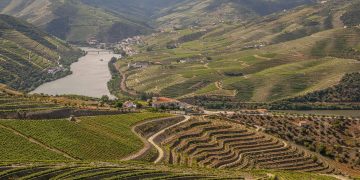



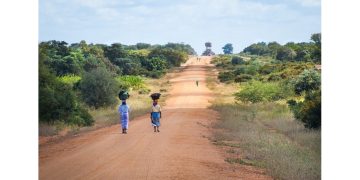

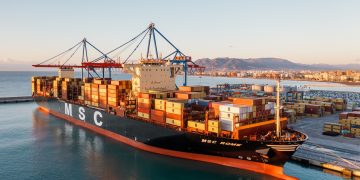









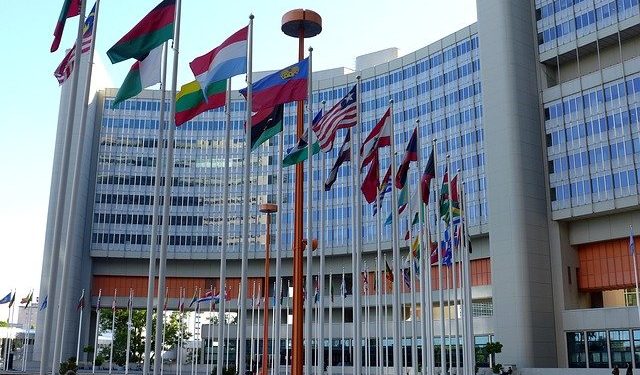
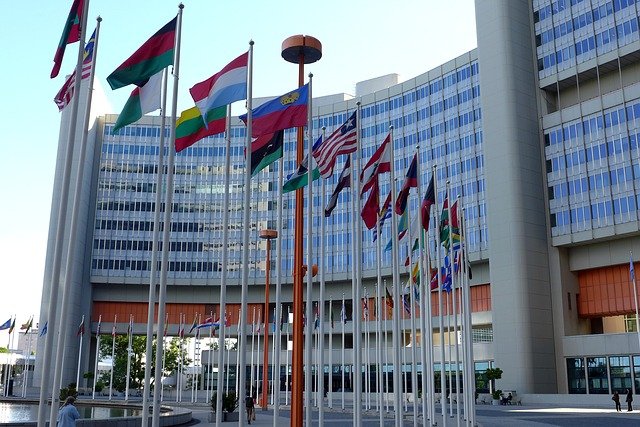









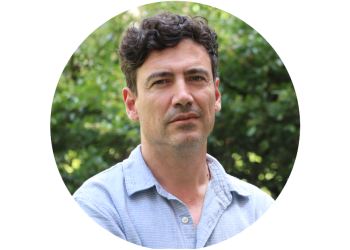




















Discussão sobre este post